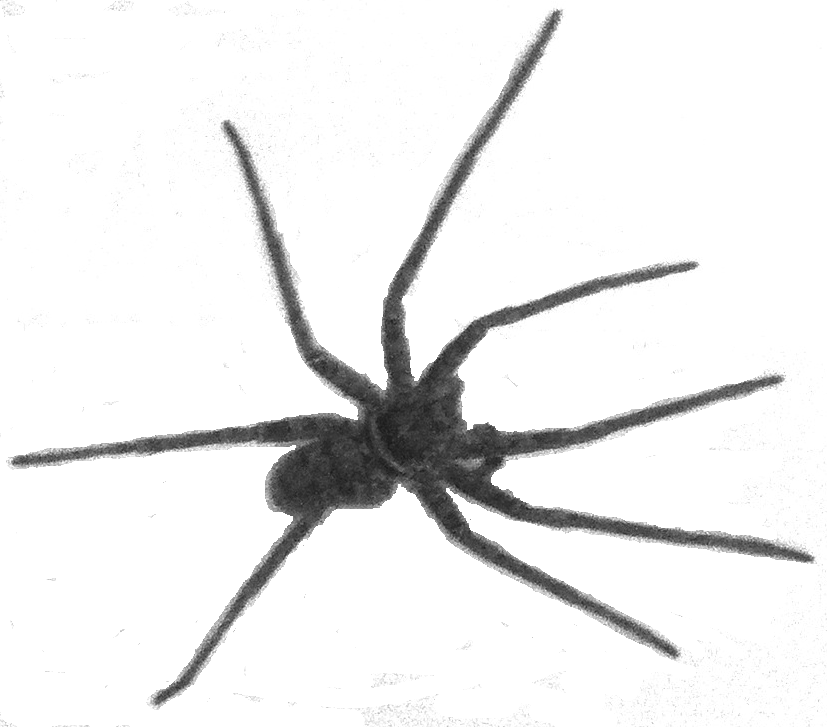Mendoza (disturbed grassland)
Basic information
Sample name: Mendoza (disturbed grassland)
Reference: J. M. Gonnet and R. A. Ojeda. 1998. Habitat use by small mammals in the arid Andean foothills of the Monte Desert of Mendoza, Argentina. Journal of Arid Environments 38:349-357 [ER 2585]
Geography
Country: Argentina
State: Mendoza
Coordinate: 32° 53' S, 68° 51' W
Coordinate basis: based on nearby landmark
Geography comments: "n the NW of Mendoza Province, Argentina (850–1700 m a.s.l.)" (coordinate based on Mendoza)
Environment
Habitat: desert/xeric shrubland
Substrate: ground surface
Disturbance: recent fire,grazing
MAT: 17.8
MAP: 198.0
Habitat comments: in "the Monte Desert... The vegetation is dominated by shrubs, mainly represented by the genera Larrea, Atriplex and Lycium" and specifically "dominated by [Stipa] eriostachia... strongly influenced by fire and livestock grazing"
MAP stated in text
MAT is for Telteca and is from Carbajal-de-la-Fuente et al. (2017, Mem Inst Oswaldo Cruz)
MAP stated in text
MAT is for Telteca and is from Carbajal-de-la-Fuente et al. (2017, Mem Inst Oswaldo Cruz)
Methods
Life forms: rodents
Sites: 1
Site area: 5
Sampling methods: line transect,Sherman traps
Sample size: 17 individuals
Years: 1993, 1994
Days: 4
Nets or traps: 100
Net or trap nights: 400
Sampling comments: "Surveys... were conducted in September-October 1993 and June 1994... 100 Sherman live traps... were distributed along three transects distanced 40 m from each other and covering 5 ha. Trap stations were placed at 15-m intervals. Traps were baited withrolled oats and left open for 2 consecutive nights in each of the two sampling occasions"
counts exclude recaptures
counts exclude recaptures
Metadata
Sample number: 2850
Contributor: John Alroy
Enterer: John Alroy
Created: 2017-12-12 13:58:00
Modified: 2017-12-12 02:58:00
Abundance distribution
3 species
0 singletons
total count 17
geometric series index: 4.0
Fisher's α: 1.057
geometric series k: 0.5000
Hurlbert's PIE: 0.5699
Shannon's H: 0.9718
Good's u: 1.0000
Each square represents a species. Square sizes are proportional to counts.
• Find matching samples
Register


